
Drive Green is a specialist electric vehicle business, and we trying to promote the many positives to electric vehicle driving.
We think Electric cars and vans are great (as do our many clients), and not just from a Green driving point of view, but also from a cost saving and driving experience point of view as well. We can give expert and non-brand biased advice, to help pair you up with the electric van options that suit your businesses requirements.
With diesel continuing to receive a bashing in the media, and well as additional legislation, now and also on the horizon, that favours the zero-emissions driver, electric van ownership is becoming increasingly popular. Whilst we recognize that electric vans are not currently suitable for every business, (particularly those who require their vans to do lots of miles each day), Electric vans are perfect for and the logical choice for many businesses, such as tradesmen and local delivery firms who only do limited regular daily miles within a specific local area.
Using an Electric Van with its electric motor and battery pack, in place of a diesel engine and fuel tank, can provide plenty of performance, zero emissions, and much lower running costs.

“They are cheaper to buy, cheaper to run, and faster than you might think.”
Sunday Times
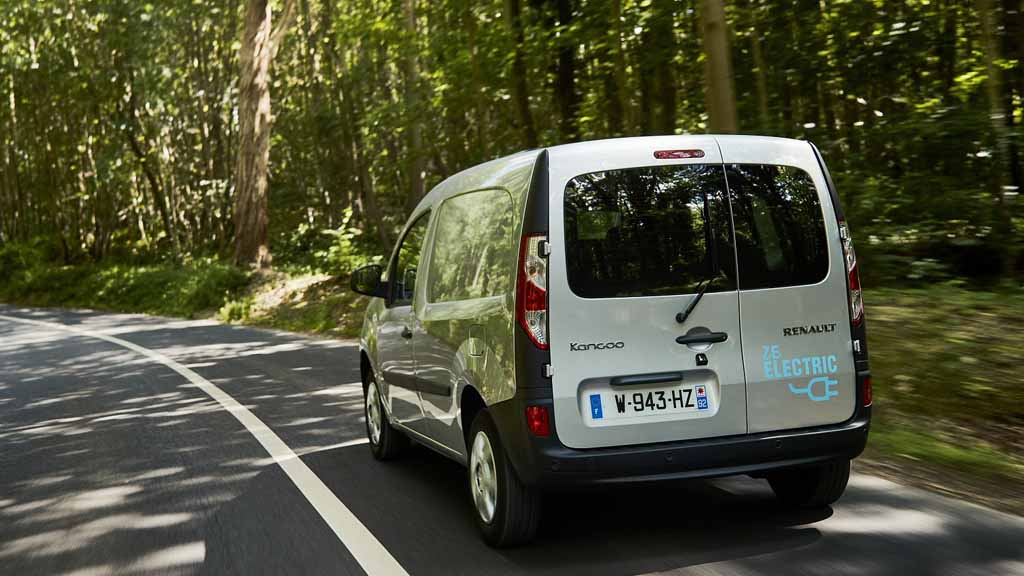
One of the key benefits of electric van driving over traditional combustion engine diesel vehicles is their undeniably much lower running costs. Using the example of a Renault Kango ZE electric van, versus its 1.5l diesel equivalent, the running cost of the electric van is less than 10% of its diesel counterpart.
Based upon a very typical 25 mile daily drive and 10,000 miles driving per year, you could save £1250 in fuel costs (2p per mile with economy 7 charging, compared to 14p per mile in diesel), £240 in road tax, and an average of £200 pa in maintenance costs (based on recent Warranty Direct figures.)
The total annual saving from driving electric based on this example is £1600 per annum.
If you drive or deliver in London the savings possible are staggering with the toxic car and congestion charge taking the daily cost for a non-electric vehicles now up to £21.50 per day (£5590 pa based on a 5 day a week driving.)
There can be no doubt that an electric van is enormously cheaper to run than its diesel counterparts.
“Electric van driving can save the typical driver/company almost £2000 in costs pa.”

Image is important to most companies and running an electric van is a clear way to send a message about your businesses world view, at a time when environmental awareness is so strong. An EV is a good way to demonstrate that your business is making a difference.
It’s clear electric vehicles are going to play a huge part in motoring over the coming years. A small amount of planning can eradicate both range anxiety and the extended downtime needed for recharging versus refuelling. The early adoption of an EV can pay dividends for many locally-focused businesses right now, and it is certainly worth crunching the numbers and getting some specialist advice from Drive Green – you might be surprised at what you find.
The Kangoo ZE has proved to be our best-selling used electric van, due to size, performance, as well as a very low purchase price, due to its leased battery, making it cheaper to purchase than its diesel equivalent.
Three models are available. There’s an electric two-seat van, a two-seat long-wheelbase ‘Maxi’ and a five-seat crew-cab ‘Maxi’.
“Renault released the first production electric van, called the Kangoo Z.E.”
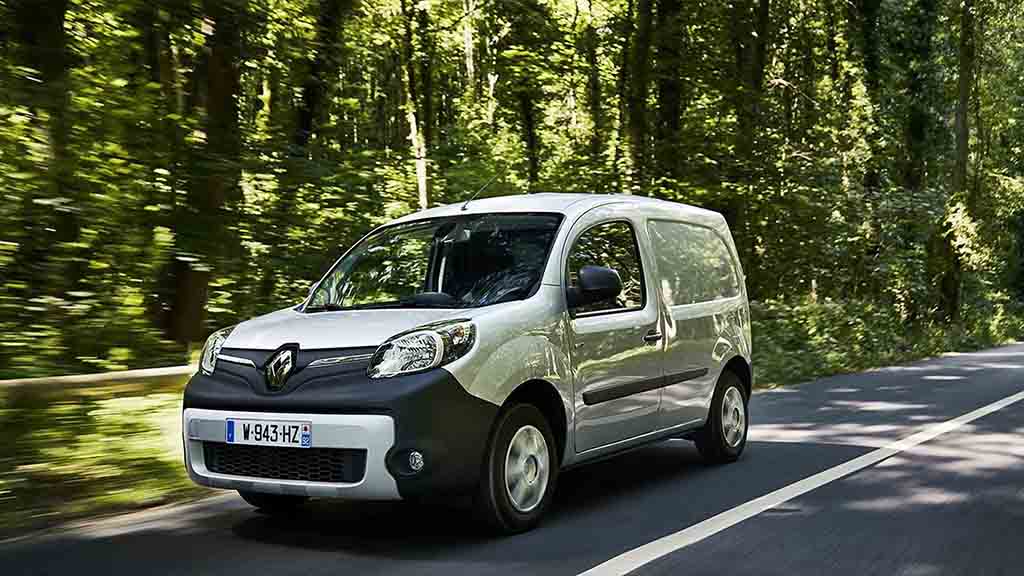
Barring the obvious, the electric version is almost identical to the normal diesel model, with the electric Kangoo’s load space remains unchanged @ 4.3m2. It can also, like many of the normal versions, carry a payload of 650kg.
Internally it’s a comfortable place to be, benefitting from good visibility, a simple control layout and plenty of storage space. It also feels durable, benefitting from neat touches like a washable rubber floor.
On the road, the fact that the Kangoo’s electric becomes immediately apparent. That’s because, for all intents and purposes, it’s completely silent. It’s powered by an electric motor which generates a peak of 60bhp and 226Nm of pulling power.
As an electric motor can generate maximum pulling power from a standing start, the Kangoo Z.E. is quick off the line and remarkably punchy up to around 50mph. It’s also incredibly smooth, as there’s no gearbox – you simply put it in drive and press the pedal. Top speed is limited to 81mph, so it can even deal with motorway work if need be. Thanks to zero emissions, it’s also exempt from the congestion charge and road tax.
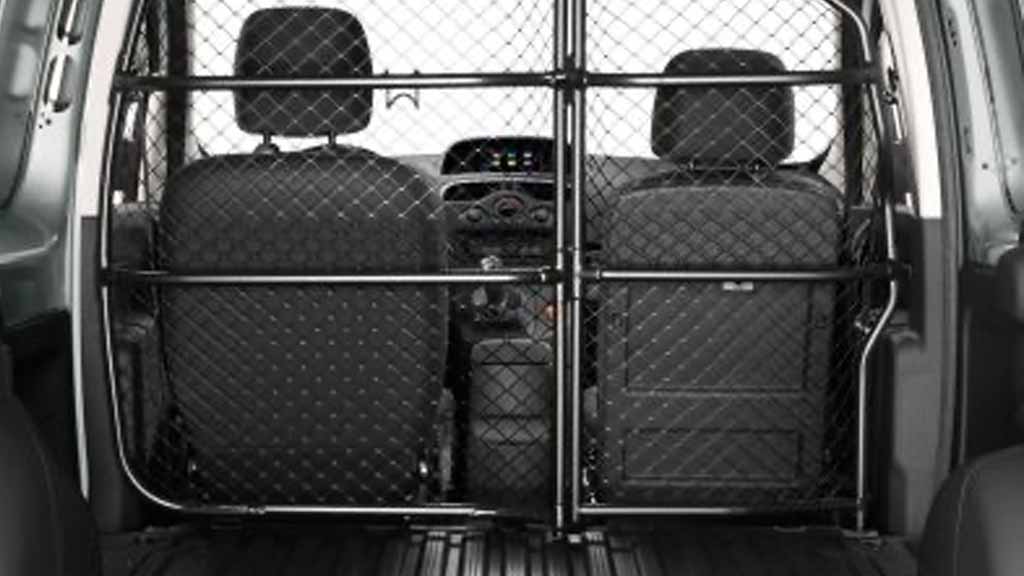
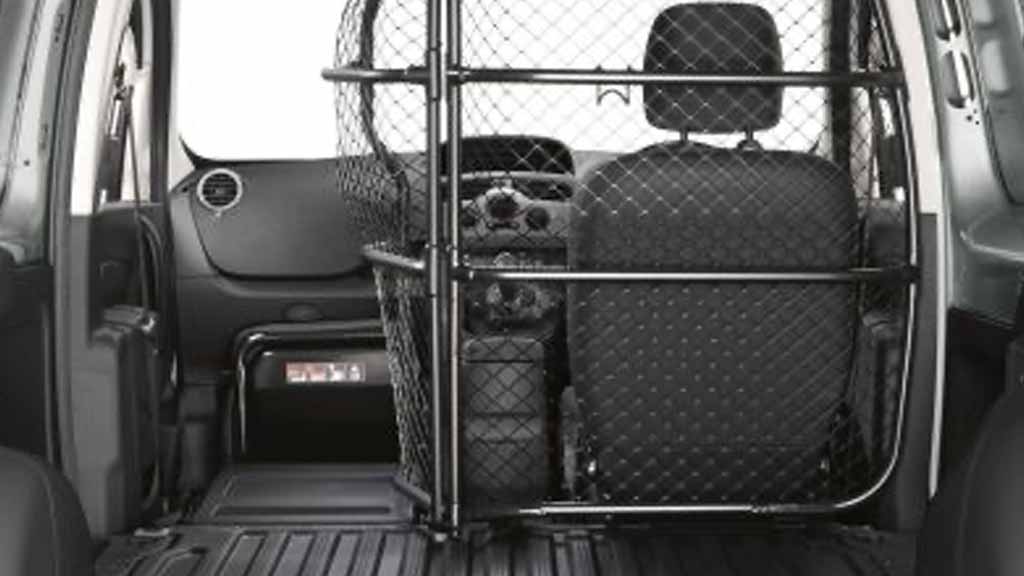
Renault claims that that the electric Kangoo can cover, at best, 125 miles. The reality is the Kangoo has a 70-80 mile range from a single charge for regular mixed driving, however, that can fall if you’re driving aggressively or when carrying a heavy load, or driving in winter with the heating on. ‘Eco’ mode switch cuts torque and speed to further increase the range by up to 10%.
When you buy a Kangoo, it doesn’t include the battery, which is leased. That costs an additional £33 a month, based on 6000 miles a year. The contract can be adjusted to suit your usage if you plan to do a lot more miles. As the battery component is leased, Renault also guarantees to supply a battery that will always be in good condition, so operators need not worry about its condition declining over time.
Charging takes about 8 hours to fully recharge. This is perfect for overnight charging, and many tradesmen even charge a client’s properties, while they are working enabling even greater daily ranges.
Optional extras include cruise control, a speed limiter, automatic headlights, automatic windscreen wipers and rear parking sensors. You can even get a ‘My Z.E. Connect’ pack which allows them to check up on the van’s remaining range and charging status remotely, via a smart phone or computer. There’s also plenty of safety kit, such as ABS and brake assist, as standard.
The battery leasing agreement and low purchase price may also help preserve the van’s residual values.
A used Kangoo van is the ideal first electric van for most businesses, with a 3-4 year old van with low miles costing £5-6k, £3-4k less than the diesel equivalent and £5k cheaper than a similar, but non- battery leased electric van (such as the Nissan ENV200).
If you are interested in switching to an electric van there will not be a better time to do so. Over the last few months, we have seen the price of Electric cars soar by up to 25%, and they are continuing to increase. Electric vans are sure to follow suit very soon, so now is the time to get a bargain.
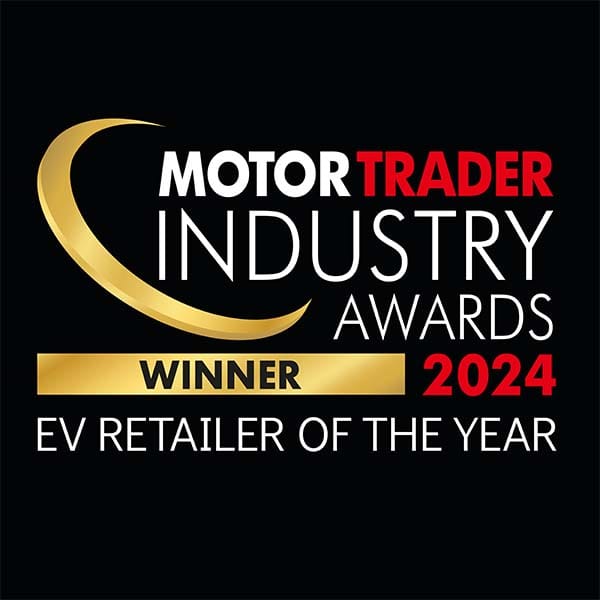



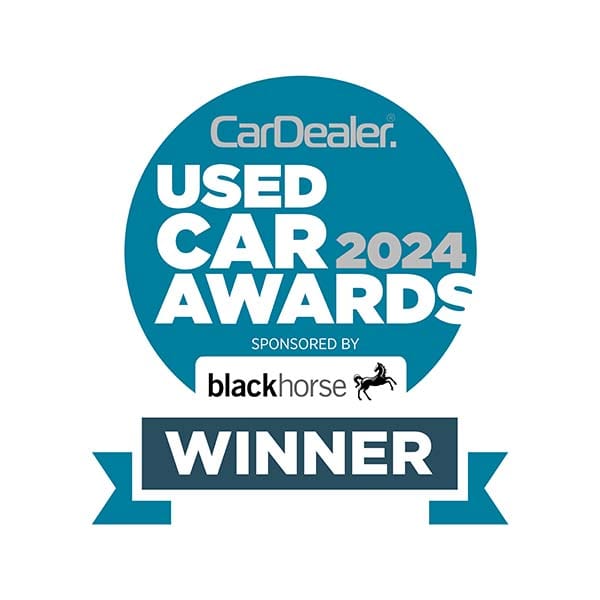
Completely Green Limited is authorised and regulated by the Financial Conduct Authority. Firm Reference number – 790525. We are a broker and not a lender. If you are not happy with the service you have received, you have the right to refer your complaint to the Financial Ombudsman Service.
Please note: Whilst every effort has been made to ensure the accuracy of the used vehicle information and images on this website, some errors may occur. It is important that you do not rely solely on this information, prices or images, and check with us any items that may affect your decision to purchase a vehicle. For an example monthly price, please use the finance calculator on each listing to retrieve a quotation. Representative Hire Purchase Example: Total Deposit: £2000 and Agreement Duration: 48 Months. Representative Personal Contract Purchase Example: Total Deposit: £2000 and Agreement Duration: 48 Months and 8000 miles pa. Representative Personal Contract Hire Example: Total Deposit: 12 months initial rental and 5000 miles pa, and Agreement Duration: 48 Months and Admin Fee: £299. Risk based variable lending rates apply with rates starting from 6.9% APR.